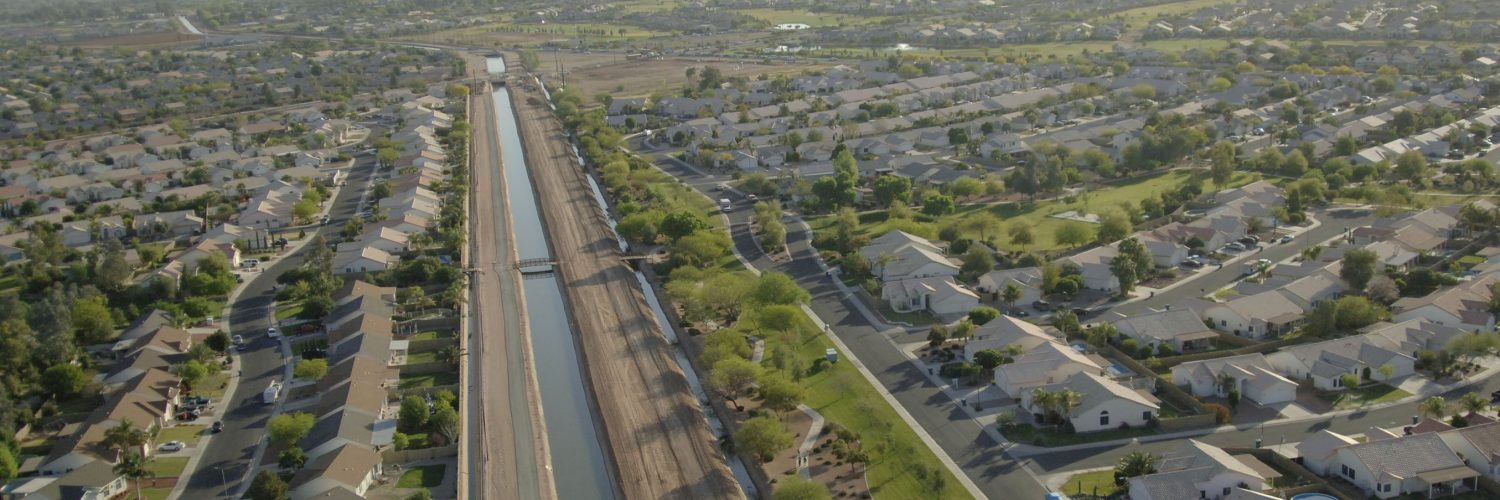After consulting stakeholders and advisory group, Salt River Project (SRP) recently announced that it is expanding more aggressive sustainability goals by 2035.
The power and water utility has based its new plan on five pillars: reducing their carbon footprint, ensuring water resiliency, promoting a sustainable supply chain and reducing waste, modernizing their energy grid, and engaging with their communities.
“We were the first utility in the country to utilize this comprehensive framework for sustainability goals,” said SRP associate general manager Kelly Barr. “Because SRP is a public power entity and we have both power and water responsibilities, we thought it was important to have a broad framework so that every employee here at SRP can point to one of the goals and say, ‘I can help SRP be successful in reaching this goal.’”
SRP had established an underlying framework of goals that was approved by their board of directors, but after surveying their customers and receiving over a thousand comments with constructive criticism, the utility decided to make some alterations.
“SRP is a public power entity, so we are really focused on serving our customers and the community that we live in,” Barr said. “We really wanted to align our goals with their goals, and we had heard repeatedly from our customers that sustainability matters, so we wanted to come up with goals that were responsive to that.”
After collecting feedback from their stakeholders, SRP consulted their advisory board – which includes leaders from Boeing, Intel, Apple, Sierra Club, and Environment America – to make meaningful adjustments to their long-term goals.
In fact, the utility added a goal to three of its five pillars, including: water conservation, electrification, and forest health. More specifically, the utility plans on conserving five billion gallons of water, restoring 500,000 acres of forest, and generating enough electricity to power 500,000 electric vehicles.
“We needed to get in front of the 5-year action plans to make sure that we have a good understanding of what our management and our board of directors were looking for from us,” sustainability policy manager Marc Campbell said. “For me, that’s really what part of the story was — to refine and advance the first iteration of these goals that was approved in October of 2017. This was a very solid foundation for SRP, but there were still some areas that we needed to dig back in on and flesh out a little bit more.”
Overall, the stakeholders and advisory board received the entire process well. Among the responses recorded were: “Very impressed how the feedback has already been turned into revised goals. It really feels like my voice has been heard,” and “Best stakeholder process in which I have ever been involved.”
“[In 2017], it wasn’t quite as defined as it is now, so what we got out of that is substantial input on what’s important to the community. The other thing that’s important is those five pillars because those are the ones that have the greatest impact on our community,” Campbell said.
Photo courtesy of SRP















Add comment